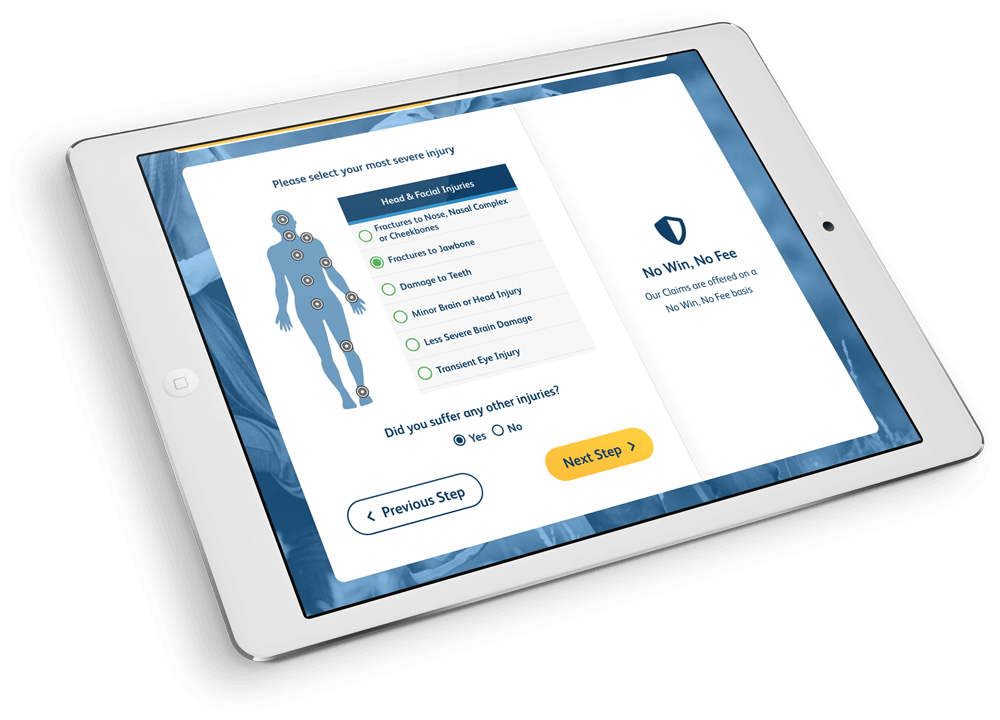The truth about post-traumatic stress disorder
It’s no secret that, for veterans, the transition back into civilian life can often be a difficult one.
After being discharged from service, many veterans can lose a sense of who they are. The role they had taken on during their time in service becomes null and void in civilian life, and many veterans begin to suffer from depression or turn to alcohol and drug misuse.
Without the support of welfare and clinical services to help them get back on track, many veterans become estranged from their family and friends, 6% are left homeless and some are diagnosed with post-traumatic stress disorder(PTSD).
PTSD after combat
Though veterans who are diagnosed with PTSD are in the minority, it tends to be multiple exposures to combat rather than singular events that triggers the disorder. So those who have served in the infantry often make up the biggest proportion of the people who are diagnosed.
The Veterans’ Mental Health Charity, Combat Stress, said it had received 358 new Afghanistan veteran referrals in 2013, a 57% rise on the 228 in 2012.
For those veterans many things in their surroundings can trigger a distressing flahsback. Despite it being a memory, the body can respond like it is happening now – the veteran will be re-living the experiencing in their mind, which can be terrifying.
The charity has found that, in the past, veterans generally waited an average of 13 years after serving before they sought help for PTSD, but this had dropped significantly to an average of just 18 months for Afghanistan veterans in recent years.
The charity’s chief executive, Andrew Cameron, said:
“A small, yet significant number of veterans who serve in the armed forces each
year continue to relive the horrors they experienced on the front line.
“Day in, day out, they battle these hidden psychological wounds, often tearing
families apart in the process. We cannot allow the ex-servicemen and
women who suffer from the invisible injuries of war to go
unnoticed and untreated.
“This is an unnecessary drain on society and our veterans and families deserve better.”
If you have been affected by PTSE, and you would like expert advice, contact Hampson Hughes Solicitors today on 0800 888 6888 or email
Sources:
View article
View article





